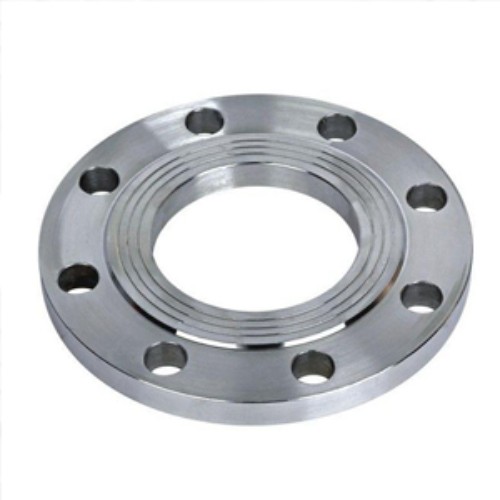rubber pipe joint
The Versatility of Rubber Pipe Joints
In many engineering and construction applications, the reliability and functionality of piping systems are essential to operational success. One of the pivotal components that contribute to these systems is the rubber pipe joint. Known for its flexibility, durability, and resistance to vibration, the rubber pipe joint has become an indispensable part of modern infrastructure, ranging from municipal water supply systems to complex industrial processes.
What is a Rubber Pipe Joint?
A rubber pipe joint, often referred to as a flexible joint, is a type of coupling used to connect two sections of piping while allowing for some flexibility in movement. These joints are typically made of high-quality rubber materials like EPDM (Ethylene Propylene Diene Monomer), which provide excellent resistance to weathering, ozone, and extreme temperatures. Unlike traditional rigid joints, rubber pipe joints can accommodate thermal expansion, contraction, and vibrations caused by machinery or environmental conditions.
Applications of Rubber Pipe Joints
Rubber pipe joints are commonly employed in various applications across multiple industries. In the water and wastewater sector, they are critical for connecting pipes without compromising seal integrity. Their flexibility allows them to absorb shock and vibrations from pumps and other machinery, reducing the risk of pipeline damage. Moreover, they are widely used in HVAC systems where they enable connections between ductwork and help in isolating vibrations.
In the realm of manufacturing, rubber pipe joints play a key role in the transportation of fluids and gases. The ability of these joints to handle pressure fluctuations and adjust to misalignment makes them ideal for systems that experience movement or shifting over time. Industries such as oil and gas, chemical processing, and food and beverage also rely on rubber pipe joints to maintain the efficiency and safety of their operations.
rubber pipe joint

Advantages of Using Rubber Pipe Joints
One of the primary advantages of rubber pipe joints is their ability to provide a watertight seal, which is crucial for preventing leaks and ensuring operational safety. The inherent flexibility of rubber allows for easy installation and maintenance, making them a cost-effective choice in the long run. The weight of rubber joints is also generally lower than that of their metal counterparts, which can facilitate easier handling and installation.
Further, rubber pipe joints are resistant to corrosion and chemical deterioration, making them suitable for use in harsh environments. This property significantly extends their lifespan, reducing the need for frequent replacements and minimizing downtime in industrial operations.
Challenges and Considerations
Despite their numerous advantages, there are some challenges associated with rubber pipe joints. Proper selection of the rubber compound is critical; different applications might require materials that can withstand specific chemicals or temperature ranges. Additionally, over time, rubber can degrade due to factors such as UV exposure and extreme temperatures. Regular inspections and maintenance are essential to ensure long-term performance and reliability.
Conclusion
In summary, rubber pipe joints are vital components in a multitude of piping systems, providing flexibility, durability, and efficient connectivity. Their ability to absorb vibrations, accommodate movement, and maintain a secure seal makes them an invaluable choice in various applications, from municipal water systems to industrial processing plants. As industries continue to evolve, the importance of reliable piping solutions like rubber pipe joints will only grow, underpinning the need for ongoing innovation and quality assurance in their design and application. These joints not only facilitate current infrastructure needs but also bolster the future of engineering and construction through their adaptability and resilience.
-
Breakthrough in Domestic Low Temperature Valve Technology in ChinaNewsAug.18,2025
-
From Machinery to Intelligent Brain: The Digital Transformation Wave of the Valve IndustryNewsAug.18,2025
-
PCVEXPO 2025NewsAug.18,2025
-
The Key to Fluid Control: Exploring the Advantages of Ball Valves in Industrial SystemsNewsJul.09,2025
-
The Versatile World of 1, 2, and 3 Piece Ball ValvesNewsJul.09,2025
-
Stainless Steel Ball Valves: The Ideal Choice for Efficient Flow ControlNewsJul.09,2025
-
Optimizing Fluid Control with Ball Float ValvesNewsJul.09,2025




